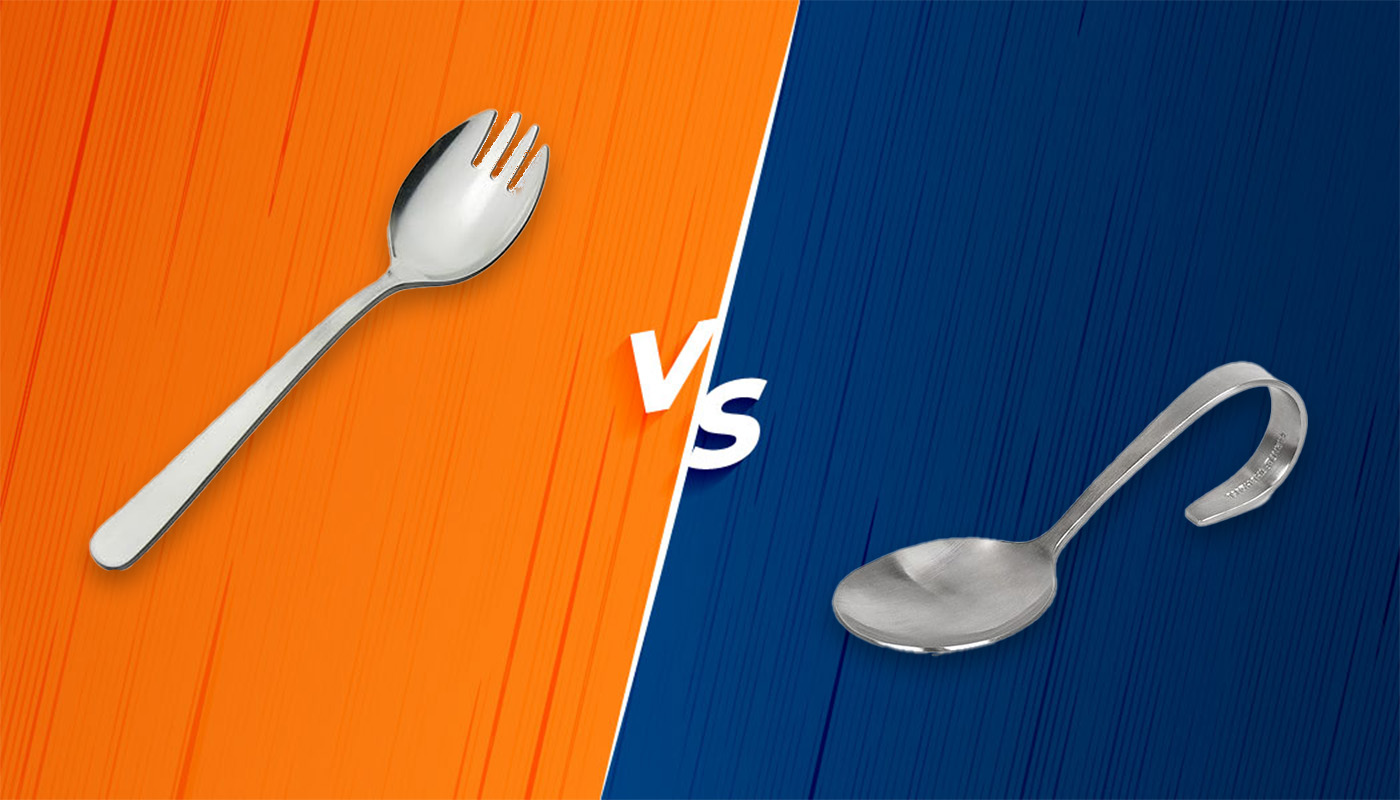RESOURCES
Knowledge Bank
We have experience with selection and planning, system implementations and enhancements, project management, and validation for all types of LIMS, ELN, LES, and CDS. We routinely share this expertise and experience in the form of blog posts, webinars, white papers, and videos.

LIMS Customization vs. Configuration
Wondering whether to configure or customize your LIMS? Understand the pros, cons, and real-world impacts of each approach before your next project.

LIMS Customization vs. Configuration
Wondering whether to configure or customize your LIMS? Understand the pros, cons, and real-world impacts of each approach before your next project.

Lab Digital Transformation Isn’t a Tool—It’s a Culture Shift
In this episode, talk about why technology projects often fail: it's rarely technical, it's about people. Discover why engaging your team from the start and understanding lab science are crucial for success, making projects 6x more likely to meet objectives.

Lab Digital Transformation Isn’t a Tool—It’s a Culture Shift
In this episode, talk about why technology projects often fail: it's rarely technical, it's about people. Discover why engaging your team from the start and understanding lab science are crucial for success, making projects 6x more likely to meet objectives.

What Is a Scientific Data Platform?
Unlock the power of your lab’s data with a scientific data platform—streamline, harmonize, and analyze for smarter, faster science.

What Is a Scientific Data Platform?
Unlock the power of your lab’s data with a scientific data platform—streamline, harmonize, and analyze for smarter, faster science.
Thank you! Your submission has been received!
Oops! Something went wrong while submitting the form.

